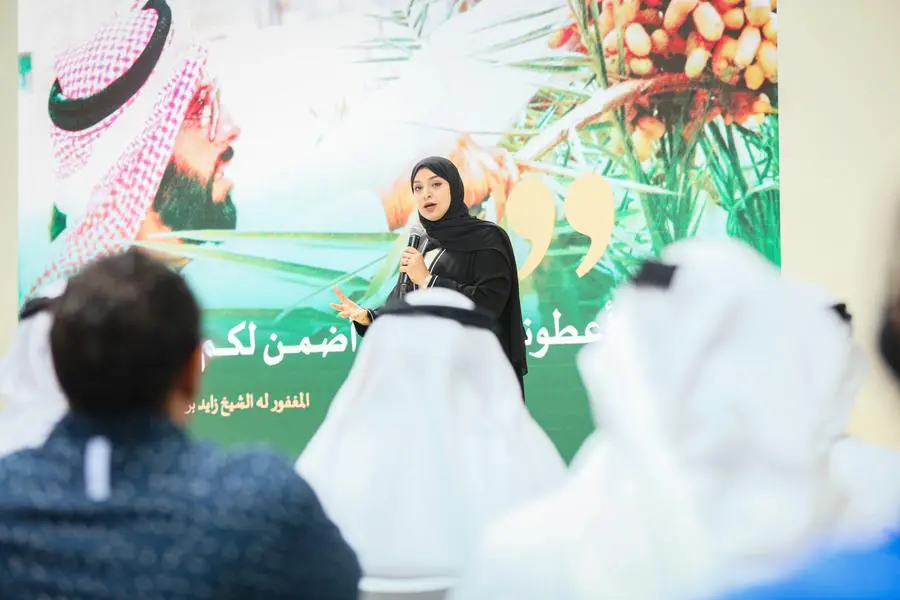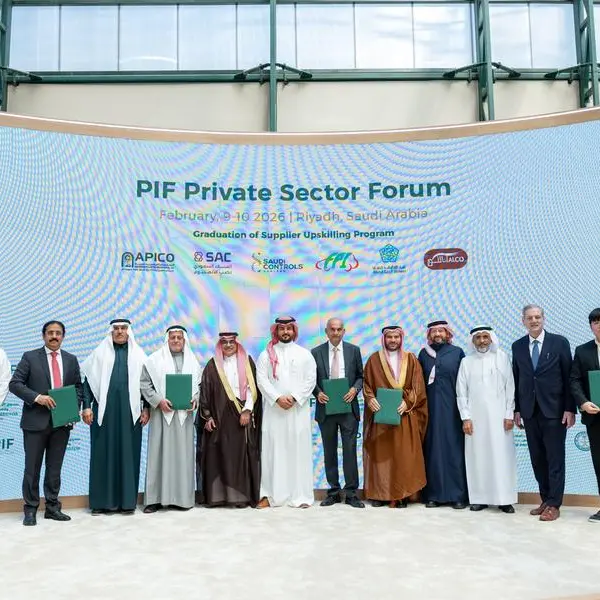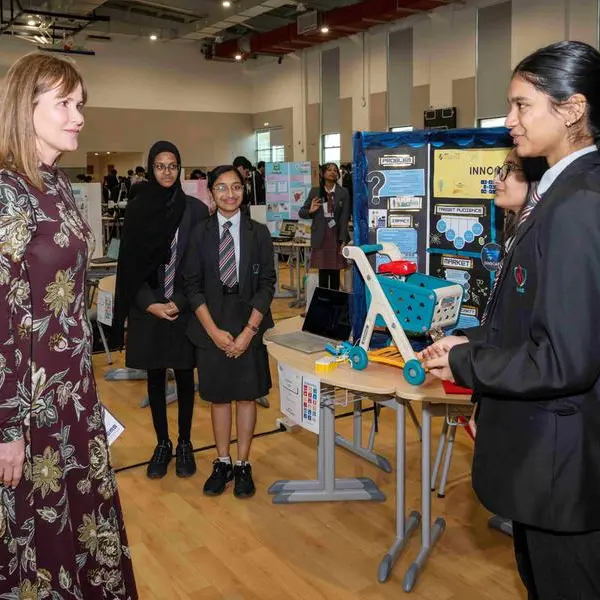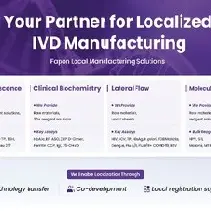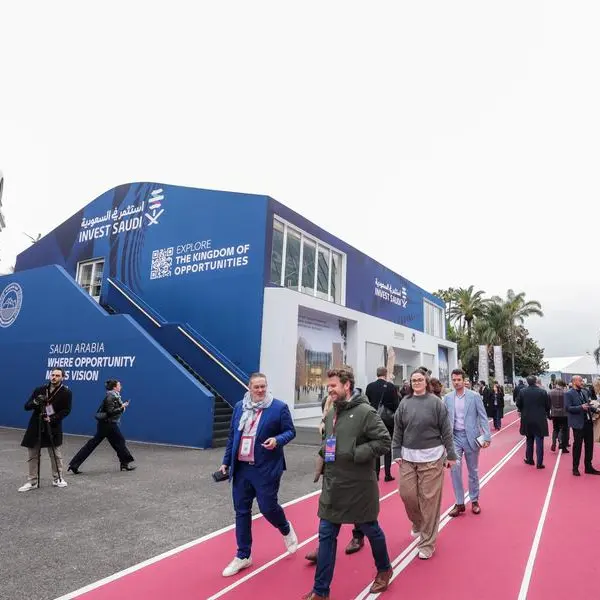PHOTO
During an Introductory Meeting Attended by H.E. Dr. Amna Al Dahak
- HE Dr. Amna Al Dahak: The private sector will play a significant role in strengthening the agricultural sector, through investment, research, and development, and focusing on modern climate-smart agriculture.
- The meeting evaluated the role of the National Agricultural Centre in supporting Emirati farmers and local farms to strengthen domestic agricultural production.
- The Ministry of Climate Change ad Environment is exploring new avenues for collaboration with the private sector to strengthen its support for the initiatives and activities associated with the ‘Plant the Emirates’ national programme.
- The meeting highlighted key challenges facing the agricultural sector and discussed potential solutions through ‘Plant the Emirates’.
Dubai, UAE: The Ministry of Climate Change and Environment (MOCCAE) conducted an introductory meeting with leading private sector agriculture and food companies for the ‘Plant the Emirates’ national programme. The meeting aimed to identify collaboration opportunities to enhance the private sector's role in advancing the programme's goals, initiatives, and activities in the upcoming phase, and promoting sustainable food security in the UAE.
The meeting follows the launch of the ‘Plant the Emirates’ national programme and the ‘National Agricultural Centre’ by His Highness Sheikh Mohammed bin Rashid Al Maktoum, Vice President and Prime Minister of the UAE and the Ruler of Dubai. These initiatives aim to support the UAE’s strategic objectives for agricultural development, enhancing sustainable national food security, fostering new partnerships with the private sector, expanding green spaces across the UAE, and ensuring long-term sustainability.
The introductory meeting for the ‘Plant the Emirates’ national programme took place at Jumeirah Emirates Towers in Dubai, in the presence of Her Excellency Dr. Amna bint Abdullah Al Dahak, Minister of Climate Change and Environment; His Excellency Mohammed Saeed Al Nuaimi, Undersecretary of MOCCAE; and Her Excellency Engineer Amal Abdulrahim, Acting Assistant Undersecretary for the Support Services Sector at MOCCAE. The meeting was also attended by representatives from several leading companies in the UAE’s agricultural and food sectors.
The meeting reviewed the ‘National Agricultural Centre’ and its role in supporting Emirati farmers and local farms to boost the domestic production of agricultural crops. In the meeting the Ministry also explored new avenues for collaboration with the private sector to strengthen its role in advancing the initiatives and activities of the ‘Plant the Emirates’ national programme. Additionally, the meeting addressed key challenges facing the agricultural sector and discussed how the programme could be leveraged to solve such issues.
In her speech, HE Dr. Amna bint Abdullah Al Dahak emphasised the importance of the strong partnership between MOCCAE and the private sector, which has led to several initiatives, particularly in the field of agriculture and sustainable food security.
HE Dr. Al Dahak said: “The UAE’s commitment to strengthening the agricultural sector is rooted in the vision set forth by the late HH Sheikh Zayed bin Sultan Al Nahyan, who famously stated, ‘Give me agriculture, and I will give you civilization’. Following this guiding principle, the UAE, under the leadership of His Highness Sheikh Mohamed bin Zayed Al Nahyan, President of the UAE, has prioritised the agricultural sector as a key focus area. This emphasis aims to bolster sustainable food security, and serves as a pillar of the UAE’s development.”
HE Dr. Al Dahak, added: “We needed a bold initiative to create a lasting impact and raise awareness within Emirati society about the crucial role of agriculture in supporting the nation’s sustainable growth. The launch of the ‘Plant the Emirates’ during the 'Year of Sustainability' by His Highness Sheikh Mohammed bin Rashid Al Maktoum, Vice President and Prime Minister of the UAE and the Ruler of Dubai, marks a pioneering milestone in the UAE’s journey towards shaping a sustainable future.”
Her Excellency Dr. Al Dahak said that the ‘Plant the Emirates’ programme serves as an incubator for ideas, efforts, and innovations to foster deeper collaboration among all relevant stakeholders, including the private sector and the wider community. HE emphasised the significance of the programme and how it invites government institutions, private sector entities, and members of society to take on a more significant role in enhancing national food security. It encourages them to adopt sustainable agricultural practices—from farms to households—thus contributing to the expansion of green spaces across the UAE.
Her Excellency Al Dahak added: “The private sector is a vital and influential partner in achieving the objectives of this national programme and its related initiatives and projects. Our partnership with private companies will encourage them to take on a more significant role in strengthening the agricultural sector, particularly through investment, research, and development, with a special focus on modern climate-smart agriculture.”
Challenges and Solutions
HE Mohammed Saeed Al Nuaimi presented key facts and figures related to the agricultural sector in the UAE. He highlighted major challenges facing the sector, including a shortage of productive and organic farms, the lack of specialised workforce, and weak marketing efforts for local agricultural products. These challenges affect their competitiveness in the local market. He also emphasised the need to adopt modern climate-smart agricultural systems in traditional farms across the country.
HE Al Nuaimi said: “Developing the agricultural sector is critical to the national food security and development. ‘Plant the Emirates’ and the ‘National Agricultural Centre’ are designed to overcome the challenges facing our agricultural sector by supporting farmers and promoting innovation.”
HE Al Nuaimi reviewed the objectives of the National Agricultural Centre, the most important of which are to raise productive farms by 20%, increase the number of organic farms by 25%, foster the adoption of climate-smart solutions across 30% of farms, and reduce agricultural food waste by 50%.
His Excellency also highlighted the Centre's role in providing grants and funding programmes for innovative agricultural projects, focusing on productivity and quality projects, food waste, marketing and promotion of local agricultural products and modern agricultural technologies, in addition to fostering agricultural insurance and specialised training programmes to empower farmers.
Initiatives and Events
HE Engineer Amal Abdulrahim outlined the goals of the ‘Plant the Emirates’ programme in developing the local agricultural sector, involving the community in farming efforts, as well as increasing the local production of agricultural products and enhancing their competitiveness.
HE Abdulrahim highlighted key initiatives and events related to the national programme, including the ‘Plant the Emirates’ Festival, the ‘Plant the Emirates’ campaign, and the ‘Plant the Emirates’ Global Forum. She provided details about the upcoming National Agricultural Exhibition, which will bring together experts, agricultural investors, farm owners, officials, and showcase the most important local agricultural products.
The meeting also highlighted the ‘AgroTourism Experience’ initiative, inviting the public and students to visit the largest local farms in the country and learn about local agricultural products and their production methods. It will also launch the ‘World's Coolest Winter’ campaign under the theme of “Green Tourism”, along with other agricultural volunteering programmes to encourage the community and students to engage in afforestation and agricultural activities, as well as agricultural awareness programmes and school competitions.
Open Discussion
The introductory meeting for the 'Plant the Emirates' national programme witnessed an open discussion, where attendees expressed their enthusiasm for contributing to the programme's objectives during the next phase. They affirmed their readiness to leverage investment, research, marketing, and other capabilities to support local agricultural products, increase their productivity, and enhance their competitiveness in local markets. They also expressed a desire to encourage the community to participate in this national movement aimed at developing the agricultural sector and strengthening the country's food security.
